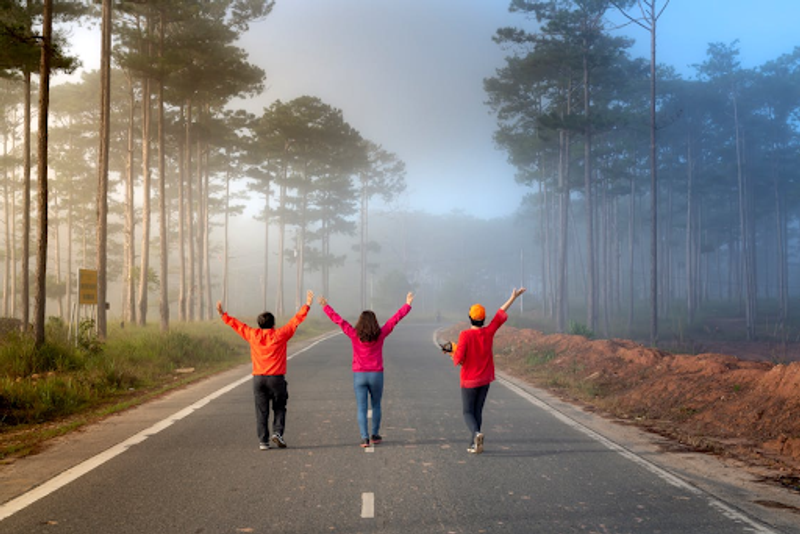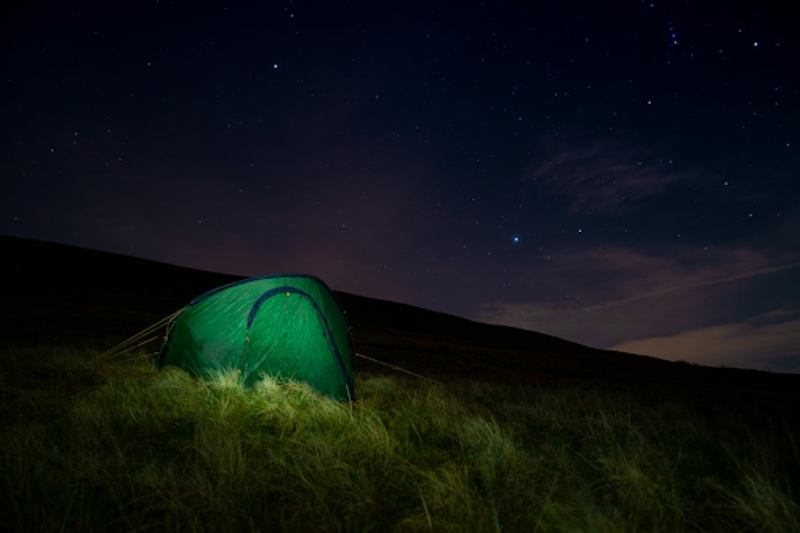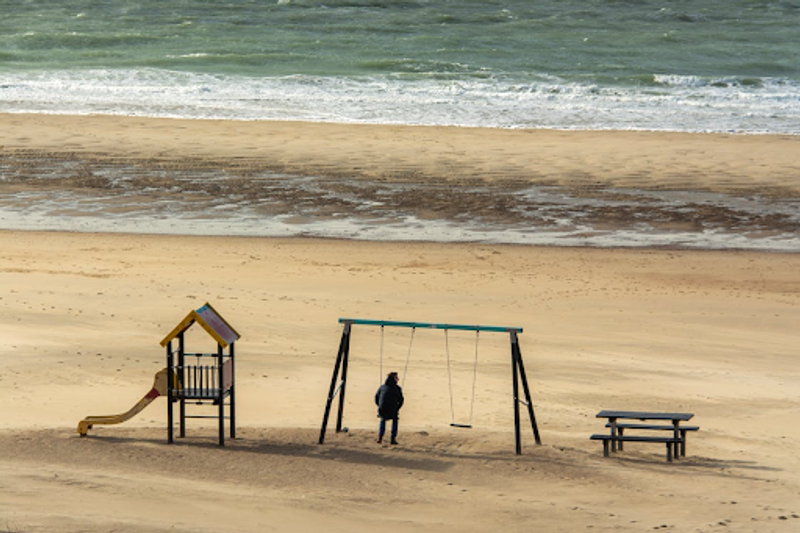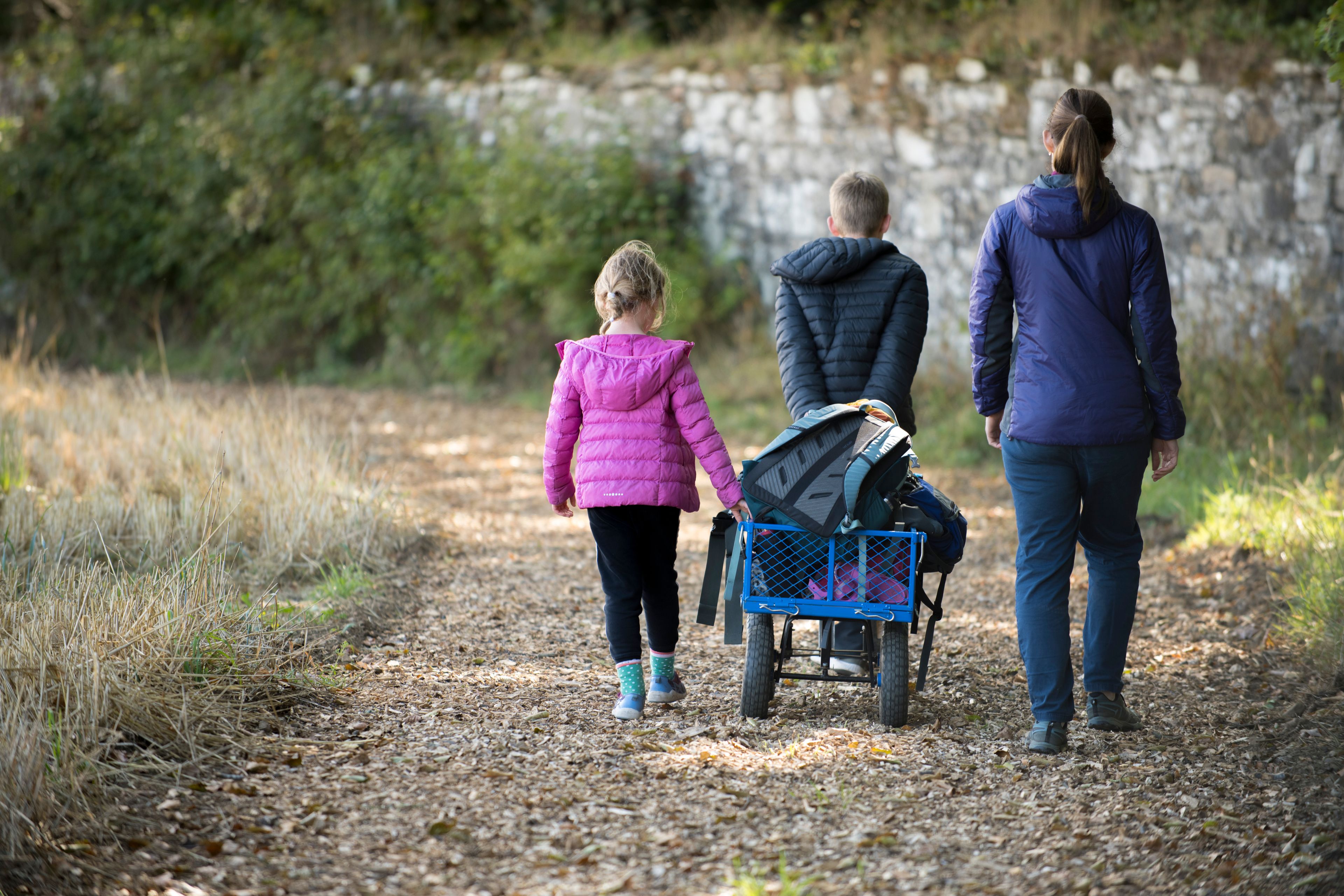Have you ever come back from a holiday with amazing photos, a packed itinerary to brag about and yet a strange emptiness you can’t explain?
You ticked all the boxes. You did all the things. But somehow, it didn’t feel like much of a break.
That nagging feeling isn’t your imagination. It’s a sign that something is missing from how we approach travel.
We plan our time off like we’re on a timer. Squeeze the most out of it. Maximise. Hit all the “must-sees.” But somewhere between the early wake-up calls and the queue for the shuttle, we lose the thing that makes travel worth it in the first place: presence.
That’s where slow travel comes in, not as a trend, but as a shift in mindset. One that leads to richer experiences, deeper rest, and a more eco-friendly way to explore the world. And once you try it, you’ll wonder why you ever travelled any other way.
If you’ve ever thought about how your travel choices shape the planet—or your peace of mind A Greener Life Starts Now explores how everyday decisions, from what you pack to how you move, can lead to a more sustainable lifestyle.
And if you're curious about where the future of travel is headed, Sustainable Travel Trends for 2025 offers a look at regenerative stays, mindful rail journeys, and other inspiring shifts already in motion.
Once you try slow travel, you’ll wonder why you ever travelled any other way.
What Is Slow Travel?

Slow travel isn’t about doing less. It’s about experiencing more in a way that lands.
You don’t need to quit your job, live in a van, or take six months off. This isn’t about having more time or money. What it asks for is intention.
It means staying longer in fewer places. Letting go of the urge to check everything off. Returning to the same café because it felt good. Taking a slower mode of transport is not just for the planet, but because it gives your mind a chance to arrive before your feet do.
This is ecological tourism at its most natural. Not about perfection, but presence. You’re just showing up differently.
Why Slow Travel Works (Even If You Have Only a Weekend)

Let’s say you choose Derbyshire for a short break.
You book a cosy glamping Pod just outside a village or a cabin near the hills. You arrive on Friday evening, unpack once, and that’s it. No pressure to move around. No rushing to “see everything.”
The next morning, you walk straight from your doorstep. No car needed. Just a footpath winding through green fields, a few sheep watching you pass, and that countryside air that instantly calms your mind.
You find a local café in the village. Nothing fancy, good coffee and someone behind the counter who chats with you. You weren’t searching for the “best brunch spots.” You just followed what felt right.
The next day, you go back. Not to try something new, but because routine feels surprisingly grounding. That familiarity with the same faces, the same table, gives the trip rhythm. It starts to feel less like a stop and more like a place you belong, even briefly.
You don’t try to cram in every hike or landmark. Maybe you can explore a quiet part of the Dales. Maybe you sit outside with a book while the clouds roll past. Maybe you take the same walk twice, just to see how the light has changed.
Nothing dramatic happens. But you come home rested.
That’s slow travel. Not lazy. Not uneventful. Just unrushed. And when you travel like this, even a two-night stay can feel surprisingly full, not with activities, but with moments that stay with you.
You didn’t “miss out.” You tuned in.
What You Gain When You Stop Rushing
People often ask: “But if I slow down, won’t I be wasting time?” What they mean is: “If I don’t do everything, will I regret it?”Let’s flip that.
What is the real regret?
“Not remembering anything clearly because you rushed through it.”
When you travel slower, even just a little:
- You remember moments, not just attractions. That 10-minute chat with a local. That quiet walk you didn’t plan. These are the things you end up talking about weeks later.
- You notice more. The smells. The sounds. The pace of a town as it wakes up. When you’re not racing, your senses finally switch on.
- You rest better. Slow travel reduces the mental noise. You’re not constantly planning. Your body and mind recover.
That’s the power of mindful travel, not just being present with the place, but with yourself.
But Isn’t Fast Travel Sometimes Necessary?
Not every trip can be slow. Sometimes you want to see multiple places. Sometimes you're tagging along with others. That’s life.
But even on a fast-paced trip, you can bring pockets of slowness:
- Take a morning to walk without your phone
- Go back to the same café twice
- Skip one museum and sit in a park instead
Slowness isn’t about the itinerary. It’s about how you relate to where you are.
The Psychology Behind Why Slow Travel Feels Better

1. Cortisol drops in nature
A 2019 study in Frontiers in Psychology found that 20–30 minutes in a green, quiet space, with no phone or agenda, significantly reduced cortisol, the stress hormone. You don’t need a mountain hike. A simple footpath or village park works too.
2. Your brain remembers better when you’re relaxed
When you're not rushing, your default mode network, the part of the brain linked to memory, creativity, and emotional regulation, switches on. That’s why those quiet moments feel richer and last longer in your memory.
3. Presence = joy
Being present doesn’t require meditation. Just paying attention to where you are and what you’re doing, the food, the air, the quiet. This kind of awareness boosts emotional well-being and reduces anxiety. The effects last long after you return home.
Why This Matters Now More Than Ever
We live in a time of constant stimulation and scattered attention. Time feels short. Rest feels unreachable.
So we pin all our hopes on holidays to fix it.
We say we need a break, but then plan our trips like a checklist with no breathing room. Every day packed, every hour spoken for. And somewhere along the way, the trip starts to feel like work. Maybe what we need isn’t one more itinerary, but a chance to not be busy.
Slow travel gently asks What if rest wasn’t something you earn at the end of a trip, but the reason you take it in the first place?
Slow travel offers something else: permission to stop racing and start experiencing.
And the irony? When you travel slower, time feels like it stretches. The days feel longer. The moments feel fuller. You end up getting more from less.
That’s the hidden magic of eco-friendly travel: it doesn’t just help the planet, it helps you.
Try This: 5 Slow Travel-Friendly UK Destinations
You don’t need a passport or two weeks off. These UK spots are designed to be soaked in not sped through:
1. Lake District, Cumbria Take a boat across Ullswater. Walk the same path twice. Let the weather change your view.
2. St Ives, Cornwall Don’t chase the beaches. Pick one. Let the tides shape your day.
3. Upper Wharfedale, Yorkshire Dales Stay in one village. Greet the same people. Let the stillness change your pace.
4. West Highland Line, Scotland Take the train. Let the landscape move you. Don’t just pass through, watch.
5. Chipping Campden, Cotswolds Honey-stone streets, slow markets, and a natural rhythm that’s easy to fall into.
Don’t collect them. Just pick one. Go deep, not wide. That’s how mindful travel works best.
And it's not just happening in the UK.
Globally, travellers are starting to prioritise less commercial, more soulful destinations. Take Sardinia, for example, a serene Mediterranean island known more for slow rhythms than sightseeing checklists. From 2023 to 2024:
- Conrad Chia Laguna Sardinia saw a 90% increase in U.S. travellers and 15% increase in Irish visitors.
- Baia di Chia Resort Sardinia (Curio Collection by Hilton) reported a 150% rise in U.S. guests and 45% increases from both the UK and Czech Republic.
But What About FOMO?
Fear of missing out is real. You might skip a landmark. A “must-see.” A selfie spot.
But you’ll gain something FOMO rarely delivers: connection. With the place. With the people. With yourself.
And when you're truly present, comparison stops mattering. You’re not watching someone else’s highlights, you’re living your own.
What You Bring Home: How Slow Travel Changes the Way You Live
Slow travel doesn’t end when the trip ends. It quietly shifts how you live your life through small, tangible changes.
1. Clarity
You’re not reacting to everything. You have space to think clearly. At home, You make decisions faster and with more confidence, because your mind has time to breathe.
2. Better Energy
You come back rested, not wrecked. At home: You’re not wiped out by 6:00 PM. You cook. You go for a walk. You feel good.
3. Perspective
You saw how others live at their own pace. At home, you stop rushing meals. You pause during your lunch break. You start valuing your time more consciously.
4. A New Relationship with Time
You felt what “enough” really is. At home, you stop multitasking. You’re okay doing one thing at a time. You enjoy it more.
5. Shifted Priorities
You realised what mattered and it wasn’t the big ticket stuff. At home: You choose people, connection, and rest. Not hustle for the sake of it.
Final Thought: What Are You Really Looking For?
Next time you plan a trip, ask yourself:
1. Do I want to be entertained, or restored? 2. Do I want to do more, or feel more?
There’s no wrong answer. But if your holidays haven’t been leaving you with much more than photos and fatigue… maybe it’s time to try something different.
You don’t need months off. You don’t need a retreat. You just need to stop performing your holiday and start living it.
Slow travel is real. And real stays with you.
